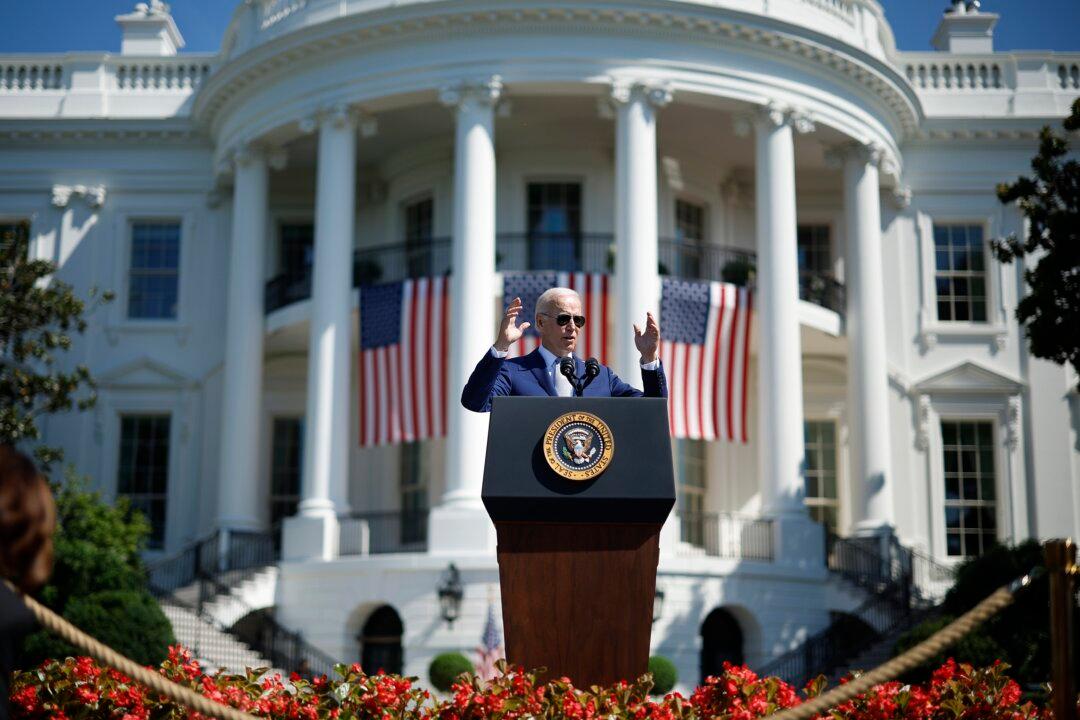Commentary
President Joe Biden has called dramatic attention to China’s economic woes. At a political fundraiser in August, he noted that China’s economy is “in trouble,” describing it as a “ticking time bomb.”

President Joe Biden has called dramatic attention to China’s economic woes. At a political fundraiser in August, he noted that China’s economy is “in trouble,” describing it as a “ticking time bomb.”